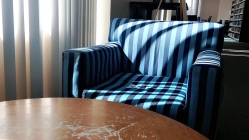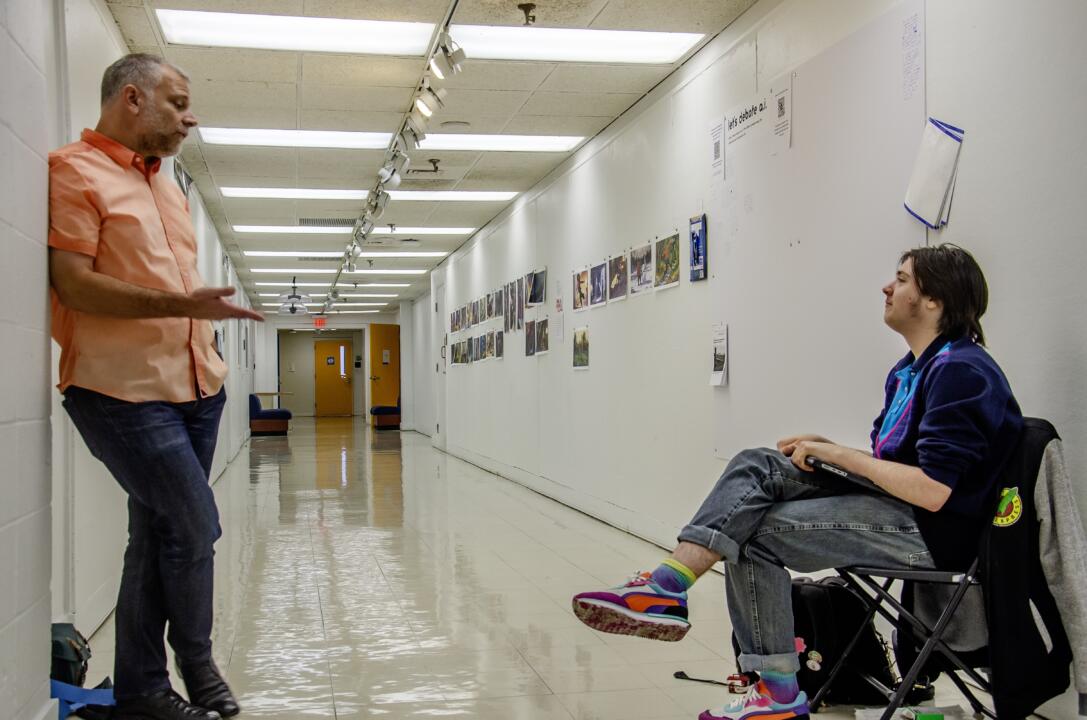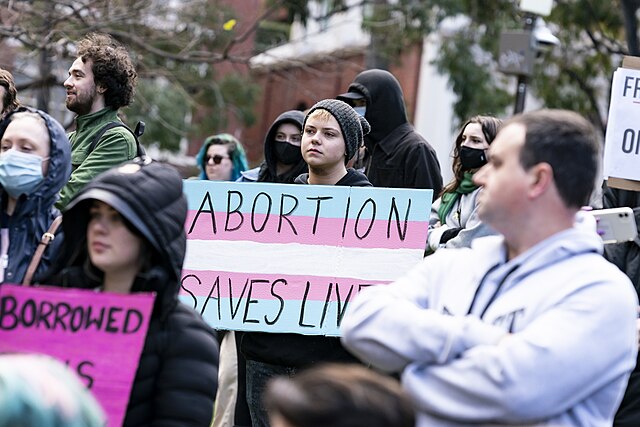UMBC is state mandated to buy its furniture from the Maryland prison system as per the Code of Maryland article §14–103 (a.1.).
In the Code of Maryland it is written that, “A State or State aided or controlled entity shall buy supplies and services from: Maryland Correctional Enterprise… if Maryland Correctional Enterprises provides the supplies or services.”
Maryland Correctional Enterprises is the prison system within the Maryland Department of Public Safety and Correctional Services. MCE supplies state facilities with commodities ranging from furniture, as in the case of UMBC, to meat products, graphics, apparel and accessories. All of these products are produced in MCE plants across Maryland.
As a state school, UMBC must buy from MCE in accordance with the Code of Maryland. The Maryland State University System is the third top consumer of MCE goods, buying around $11 million of MCE products annually.
According to UMBC Contract Administrator Donna Von Paris, “The UMBC Campus currently purchases desks, systems furniture, seating, file cabinets, conference tables and lounge seating from MCE. We also utilized MCE design services.”
UMBC has bought various other products from MCE in years previous as well, including dorm mattresses, counter tops and bed frames. MCE-made furniture can be found just about anywhere on campus, including in dorms, academic buildings, administrative offices and the Commons.
Maryland has the eighth greatest number of employed inmates in the U.S. and has been ranked in the top 10 since 2008. MCE employs some 2,035 inmates as well as around 250 civilian employees. Jobs at the MCE plants are also made available to ex-inmates. Beyond that, MCE helps ex-inmates seek more gainful employment after release as a part of the MCE Continuing Allocation of Re-entry Services program.
MCE CARES is designed “to assist inmate employees in transitioning to civilian employment upon release.” So far the program has seen 328 CARES graduates since the program began, including 15 in the past year.
In its mission statement, MCE claims that the goal of the inmate labor is to “provide structured employment and training activities for offenders in order to improve employability upon release.”
Prisoners working at MCE facilities must be paid at least the Federal Minimum Wage ($7.25 an hour); however, deductions are made from inmates’ wages to pay taxes, room and board, contributions to a victims’ compensation fund and family support programs. MCE does not publicly disclose the average wage of inmate laborers, but local news outlets report the typical wage of inmate workers is between $1.50 and $5.10 a day.
MCE is and aims to be a self sufficient state agency. Around 0.7 percent of Maryland’s prison system’s expenses are compensated by MCE revenue, easily covering the total budget of the MCE program. In 2015, the state allocated almost $3 million to MCE resources and projects (not including wages of civilians or supervisors) and was able to cancel that funding due to MCE’s sustainability. MCE has a total economic contribution of over $100.2 million across the state, through goods and services rendered as well as wages.
In November of 2015, Towson University students, as part of the Occupy Towson movement, attempted to force the school to terminate its contract with MCE on the grounds that the system perpetuates slave labour. Towson University interim president Timothy Chandler agreed to the demands after an eight hour protest in his personal office.


